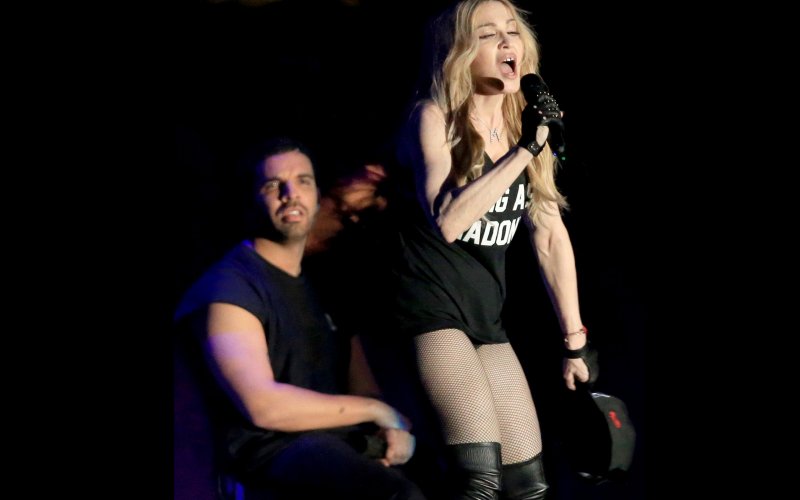 In women, experience isn’t a carbon credit for lost time.
In women, experience isn’t a carbon credit for lost time.
There’s very little to say about this that hasn’t already been said a thousand times, so I’ll just post the link from The Daily Beast, written by Samantha Allen.
You can also type “Madonna” into the search bar on this site for further commentary on the Queen of Pop or whatever.


![Jan 18, 2009; Glendale, AZ, USA; NFL on FOX analyst Terry Bradshaw during the trophy presentation following the NFC Championship Game between the Philadelphia Eagles and the Arizona Cardinals at University of Phoenix Stadium. The Cardinals won the game 32-25 to advance to Super Bowl XLIII. Mandatory Credit: Chris Morrison-US PRESSWIRE [Via MerlinFTP Drop]](http://Urbandystrophy.com/wp-content/uploads/2015/12/terry_bradshaw_52531463.jpg)